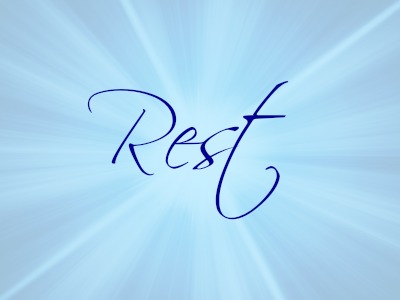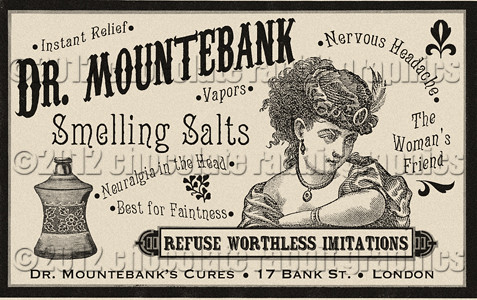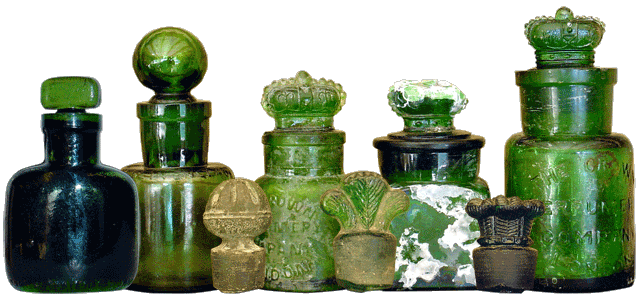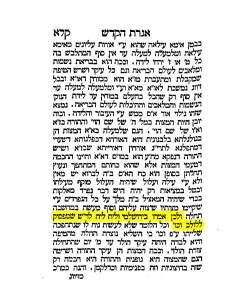Thanks to Eli Chitrik
Makos 8b
- Although we were used to the train of thought that a person no matter what he does he can never lose his status as a Jew, in Halacha it is not so simple:
For example if a Jew became an apostate can one eat from his Shchitah?

Are you allowed to lend him money with interest etc.?
(It is interesting to note that according to all opinions a Jew who became an apostate, on the day he does Teshuvah, he does not have to go through the process of conversion. He can just wake up one morning, and become a full Jew once more, meaning he was never really an apostate.)
We noted an interesting story regarding this question.
If a man dies without having any children, Halacha says that the woman must marry his brother- Yibum. If he refuses he must get Chalitza from the widow.
What happens if the brother is a meshumad (apostate/converted ר״ל to another religion)?
There are two opinions:
According to the Geonim, because the brother is an apostate it is as if the there is no brother and the woman is permitted to marry anyone without even doing the Chalitzah process.
However, according to R”ashi even though the brother is a apostate, he is still a Jew and the woman is obligated to to marry him. Therefore, without doing Chlitzah she is not permitted to marry another man.

The Shluchan Aruch halachically rules like Rashi, however the B”Y and the Rama both dictate that you also have to take into consideration the opinion of the Geonim and therefore if there are two brothers you should only get Chalitzah from the Kosher one.
Getting Chlitzah from the apostate brother does not permit you to marry out.
- Around 80 years ago there was a man in Germany who died without children and he had two brothers. One brother was an apostate lived locally in Germany, the other brother who was “Kosher” lived in Russia after the Bolshevik Revolution and it was very difficult to get in touch with him.
According the the ruling of the Shluchan Aruch even though it may have been hard, the correct thing would have been to get in touch with the “Kosher” brother because according to the Geonim the brother in Germany is deemed “worthless” and would not free the woman to marry.
This story happened to have occurred with the Rogatchover Gaon’s son in law and daughter Rochel. His son-in-law lived in Petach tikah and passed away as a young man.
The Rogatchover wrote to the Beis Din of Berlin telling them that they can go directly to the Apostate brother and ask him to do the Chalitzah and that they do not have to take into account that he has another “Kosher” brother. In other words, totally disregarding what the Shluchan Aruch says that you must take into consideration the opinion of the Geonim.
One of the members of the Beis Din in Berlin at the time was Reb Yechiel Yaakov Weinberg (The Seridei Aish (see here in English Hebrew) he tried to argue with Rogatchover but to no avail. The Rogatchover was adamant that he go directly to the apostate brother and not to take into the consideration the opinion of the Geonim.
Being that they had the Psak of the Rogatchover, they went directly to the apostate brother to ask him to give Chalitzah to the woman. The apostate brother upon hearing the story was very stubborn and refused to give the woman Chalitzah thereby leaving the woman an Agunah.
It is said that the Rogatchover considered the fact that the apostate brother refused to give Chalitzah as a sign that he should have not been so lenient with the opinion of the Geonim!
Tragically, Rochel was killed by the Germans YM”S. It is thanks to her that many of the Ragatchover’s manuscripts survived the war.
See here. http://en.wikipedia.org/wiki/Rogatchover_Gaon
An interesting piece of Gemore
(As we learned in Sanhedrin:)
We spoke about a defendant that has two capital punishments hanging over him that is given the harsher penalty.
#1- Skila
#2- Sreifa
#3- Hereg –Sayef
#4- Chenek
Thus a son who fatally attacks his parents has two punishments coming his way. One for wounding his parents – for which the punishment is Chenek, (which #4 on the list). The other one is for the killing – for which the punishment is Hereg, (#3 on the list).
This son therefore he gets the harsher one – Hereg.
Reb Shimon however, who has a different order:
#1- Sreifa
#2 – Skila
#3 – Chenek
#4- Hereg –Sayef
According to Reb Shimon the son would receive #3, Chenek.
Now all of this is only if the action of the son were done b’maizid. If he did it b’shogeg then it becomes interesting:
According Reb Shimon the son would get #3 – Chenek – but if he did it be’shogeg then he does not go to Golus!
The reason being that the concept of Golus is only for simple murder which carries the punishment of Hereg not Chenek. Think.
So the consequence of this logic brings us to a weird scenario. Someone who kills on Shabbos is chayev Skila for Shabbos and Hereg for the murder. He thus would get Skila. But if he did the above be’shogeg then he would not be obligated to go to Golus since there is no Golus for Skila!
Also discussed the obligation of a father to teach his child Torah, a profession and how to swim. Teaching him a second profession is not considered a Mitzvah.












